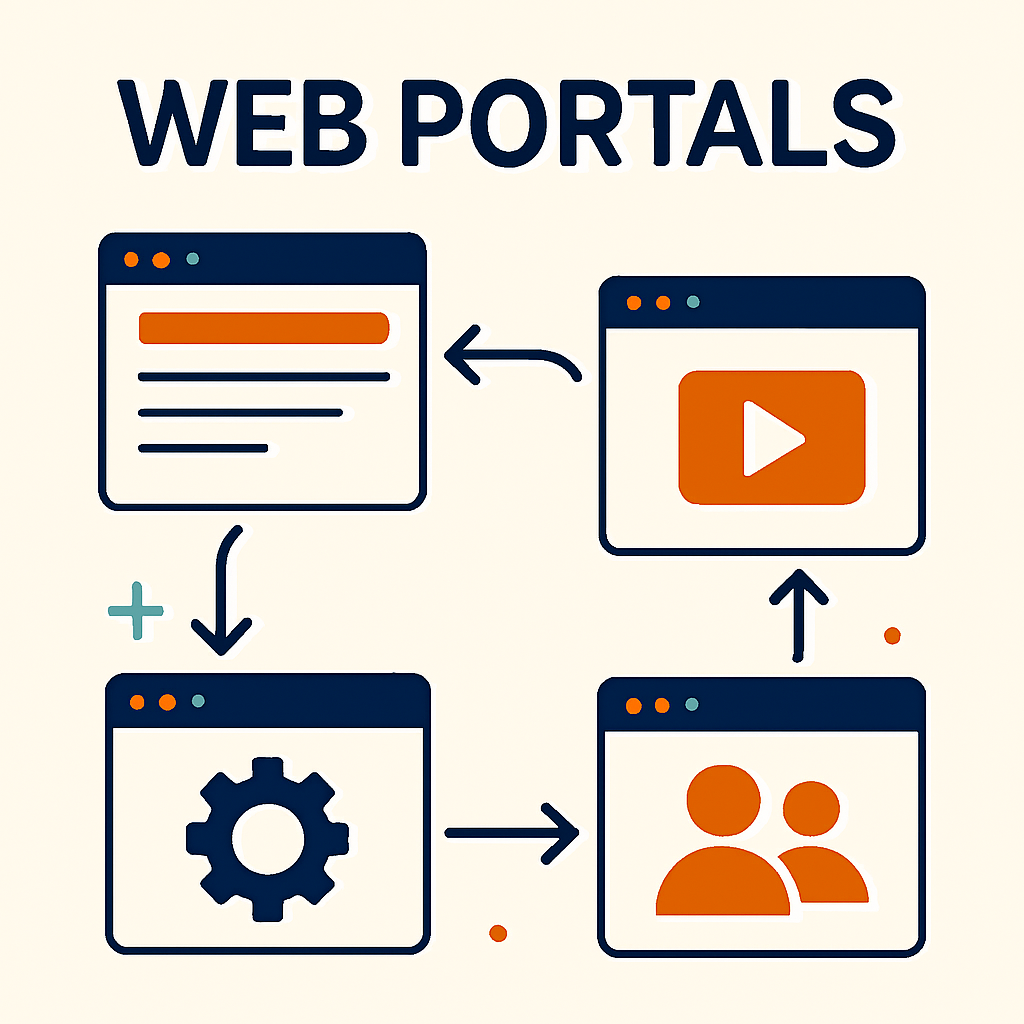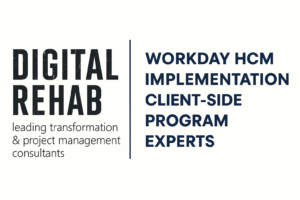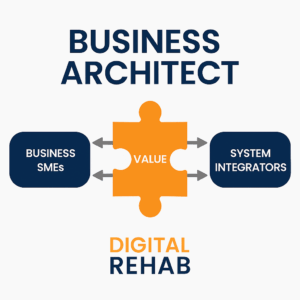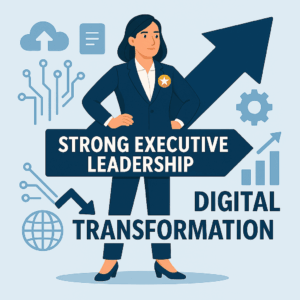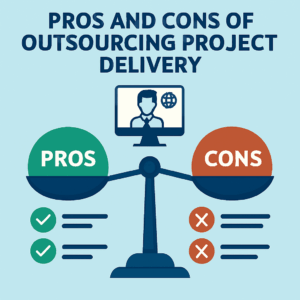Why portals remain a powerful tool for digital transformation
Over the past decade, web portals have become a mainstream solution for businesses seeking to differentiate themselves and deliver added value to customers, partners, and internal teams. But behind the promise lies complexity and often, substantial transformation work.
What Portals Offer
Portals can serve a variety of functions:
- Information-centric: Delivering curated content and resources
- Transactional: Enabling secure interactions and exchanges
- Self-service: Empowering users to manage their own data, preferences, or workflows
When done well, portals streamline operations, improve user experience, and enhance productivity.
What Portals Require
Successful portals rely on two critical pillars:
1️⃣ Technology
Portal platforms must be robust, scalable, and often custom-built to meet specific business needs. Off-the-shelf solutions rarely suffice for enterprise-grade functionality.
2️⃣ Data
Data is the lifeblood of any portal – but it’s rarely clean or simple.
- Sensitive data requires careful governance
- Legacy systems complicate integration
- Poor data quality undermines user trust and functionality
Portals are only as good as the data they serve.
Why Portals Matter
When implemented strategically, portals can:
- Increase operational efficiency
- Reduce support overhead
- Improve stakeholder engagement
- Enable digital self-management at scale
That’s why enterprise portals are becoming essential across industries—from education and healthcare to finance and government.
Further Reading
For a deeper dive into the challenges and realities of portal delivery, check out:
“The Pain of Portals” — a candid look at what makes or breaks portal success.
Final Thought
Portals aren’t just websites – they’re digital ecosystems. To unlock their full potential, businesses must invest in the right technology, clean up their data, and commit to thoughtful transformation.

